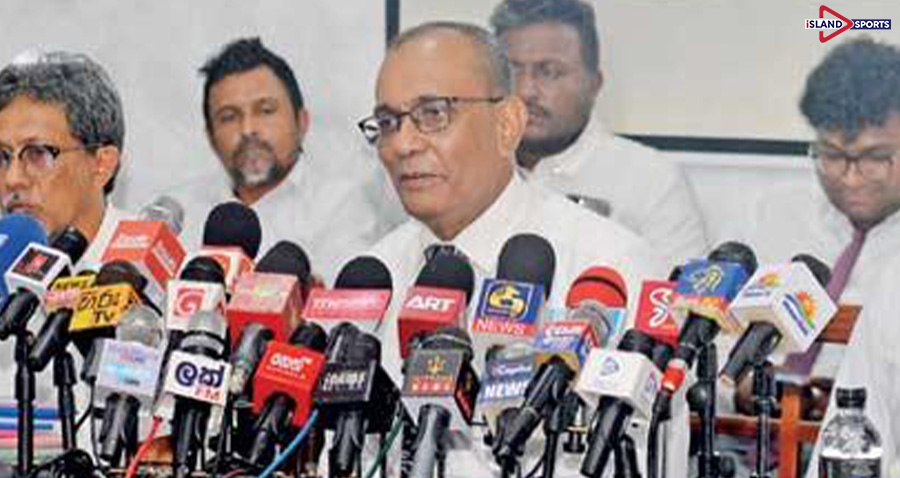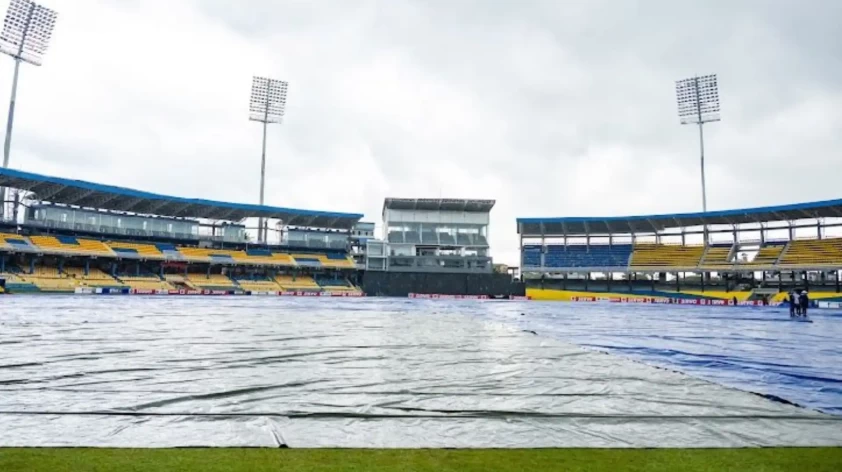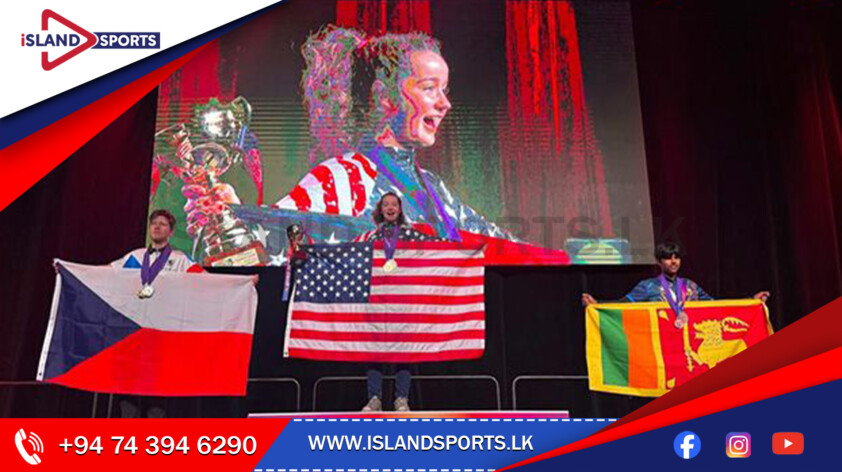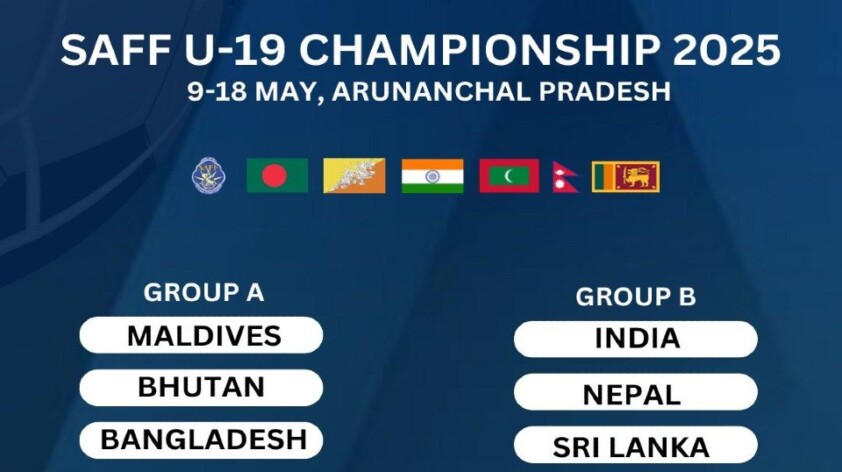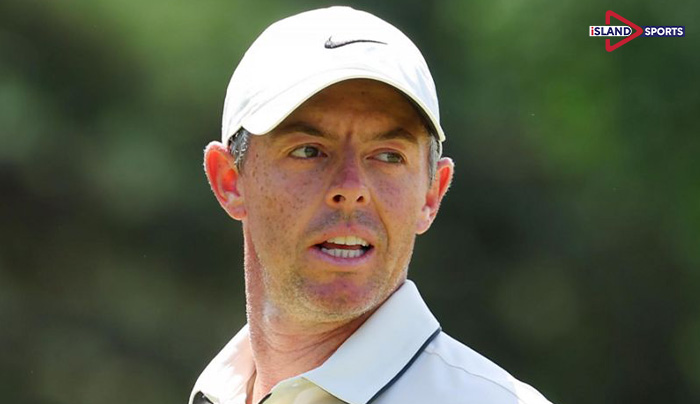In a rare and unified show of dissent, 29 national sports associations affiliated with the National Olympic Committee of Sri Lanka (NOCSL) held a fiery media conference at Nippon Hotel, Colombo, calling for the immediate resignation of incumbent President Suresh Subramaniam. The collective accused him of violating the NOCSL constitution, making unilateral decisions, and failing to provide transparent and accountable leadership.
The mounting opposition includes high-profile sports administrators such as Jaswar Umar (Football Federation), Nishantha Piyasena (Modern Pentathlon Federation), Col (Rtd) Ajith Siyambalapitiya (Fencing Association), and Premnath C. Dolawatte, a former parliamentarian and the current president of the National Gymnastics Association, along with its secretary Kapila Jeewantha.
The tipping point in what has now become a full-blown leadership crisis appears to have stemmed from Subramaniam’s sudden fallout with Secretary General Maxwell de Silva, amid rumours of the former’s intent to seek a third term.
The uproar follows a chaotic Special General Meeting (SGM) on April 17, which further highlighted a breakdown in governance. Members were shocked to learn that Subramaniam referenced a 2021 version of the NOCSL Constitution that had neither been signed by key office-bearers nor approved by the International Olympic Committee (IOC). The valid version, as confirmed through IOC correspondence, remains the 2018 constitution.
Speakers accused the president of failing to understand even the most basic constitutional guidelines after nearly eight years at the helm. Subramaniam’s decision to adjourn the meeting after over four hours without arriving at a single decision was seen as dictatorial and an abuse of authority.
This was the second failed SGM attempt. The first, on April 9, collapsed when the majority of federations walked out in protest against the abrupt and allegedly unlawful suspension of Assistant Secretary Chandana Liyanage — who was removed without due process or even a show-cause notice.
Adding to the turmoil, members claimed that the NOCSL currently operates without a Treasurer or Assistant Treasurer. Despite this, financial transactions have reportedly occurred, leading to the freezing of its People’s Bank account. The lack of a functioning financial oversight mechanism has deeply concerned stakeholders, with many questioning the legality of recent transactions.
The presence of police officers and private security at the Olympic House during the SGM has been widely condemned as an attempt to intimidate federation representatives. Members also questioned the legitimacy of continuing Executive Board members, such as a Vice-President from the Yachting Association who has reportedly failed to attend meetings in person, participating mostly via virtual means from Australia.
Further controversy emerged when Subramaniam attempted to strike off an agenda item proposing the appointment of the Assistant Secretary as Acting Secretary General — citing a suspension he personally issued just one day prior. Members rejected this outright, arguing that no constitutional provision allows for unilateral action without inquiry or due process. A resolution was tabled declaring the suspension illegal, arbitrary, and null and void.
The press conference painted a grim picture of the state of affairs at NOCSL. Members criticised the lack of urgency in preparing for key international events, including the 2025 Asian Youth Games, South Asian Games, Commonwealth Games in Glasgow, and Asian Games in Nagoya. No budget has been approved for the current year, and crucial athlete-centric decisions have been shelved in favour of political manoeuvring.
In a particularly scathing indictment, one speaker noted, “ Subramaniam has suddenly woken up from a deep slumber to expose corruption in an organisation he himself has led for eight years.”
Twelve federations initially requested a Special General Meeting in January, and by March, 27 federations had united in favour of fresh elections. However, Subramaniam has blocked these efforts, allegedly manipulating communication with the IOC and Olympic Council of Asia (OCA) to suspend funding — an action members view as a deliberate tactic to avoid accountability.
The collective has now firmly stated: enough is enough. They have demanded that Subramaniam step down immediately to allow for the democratic election of new leadership and the restoration of integrity within Sri Lanka’s Olympic movement.
“This is no longer about individuals; it’s about the athletes and the future of Sri Lankan sport,” one member emphasised. “We must end this authoritarian rule and uphold the Olympic spirit that this institution was built upon.”

